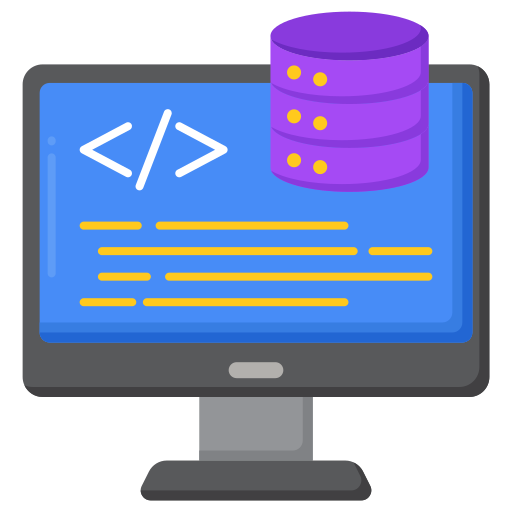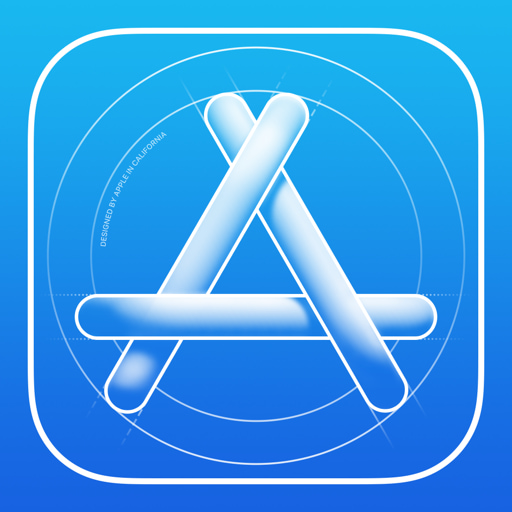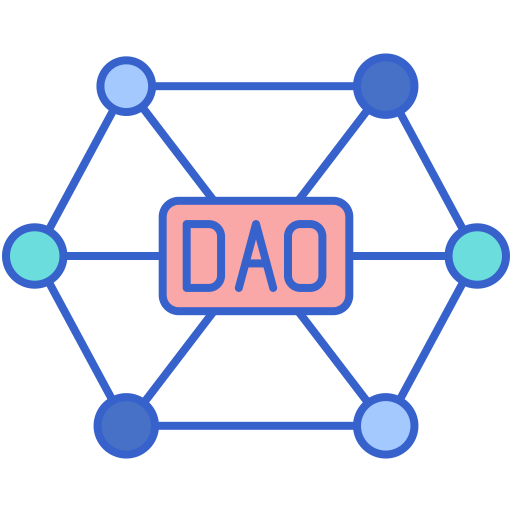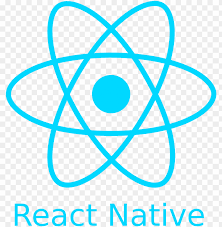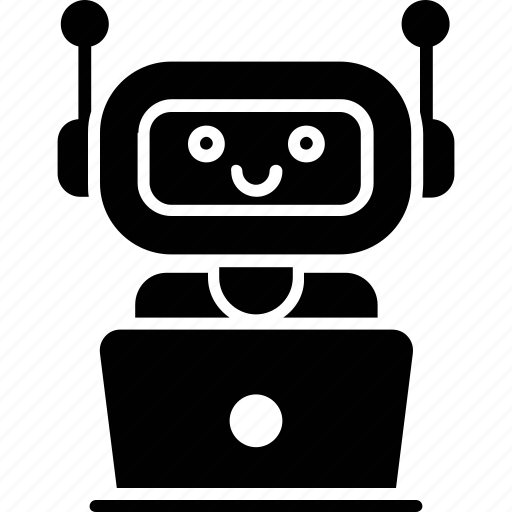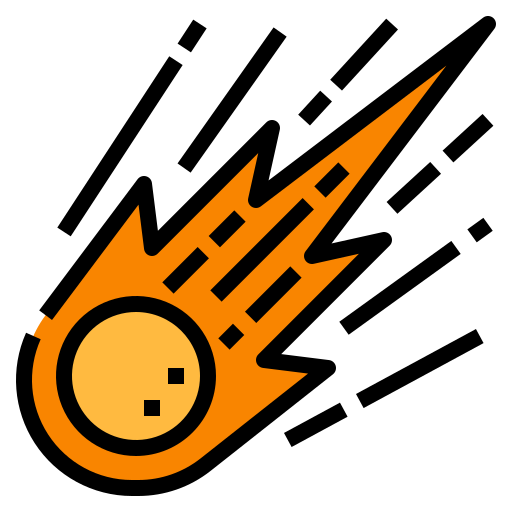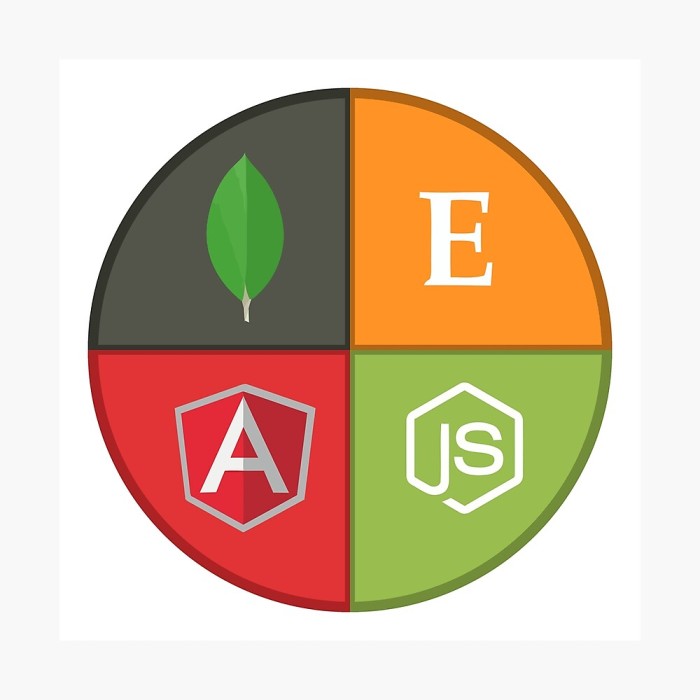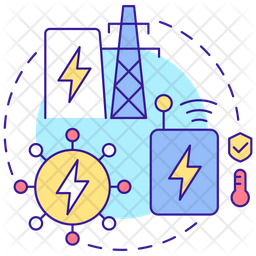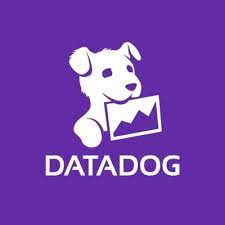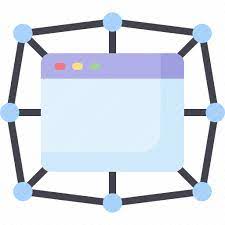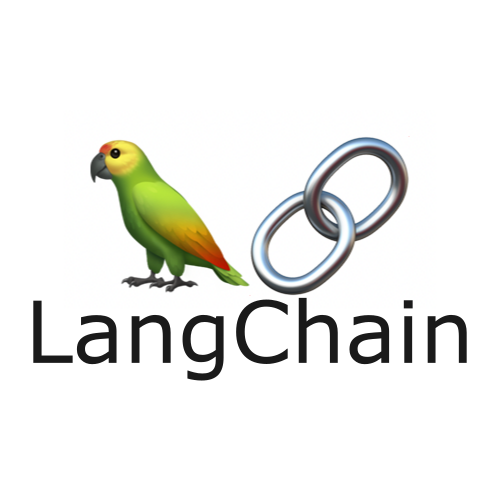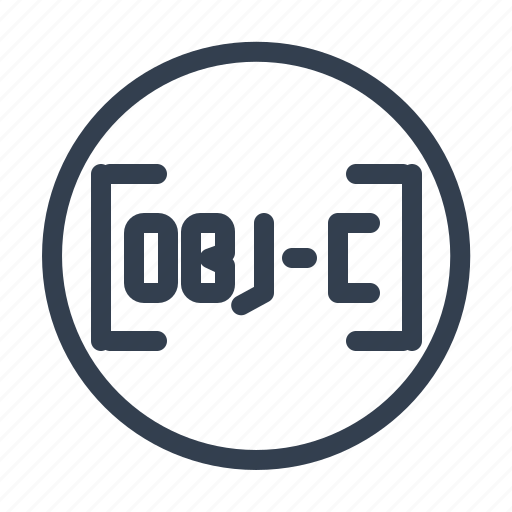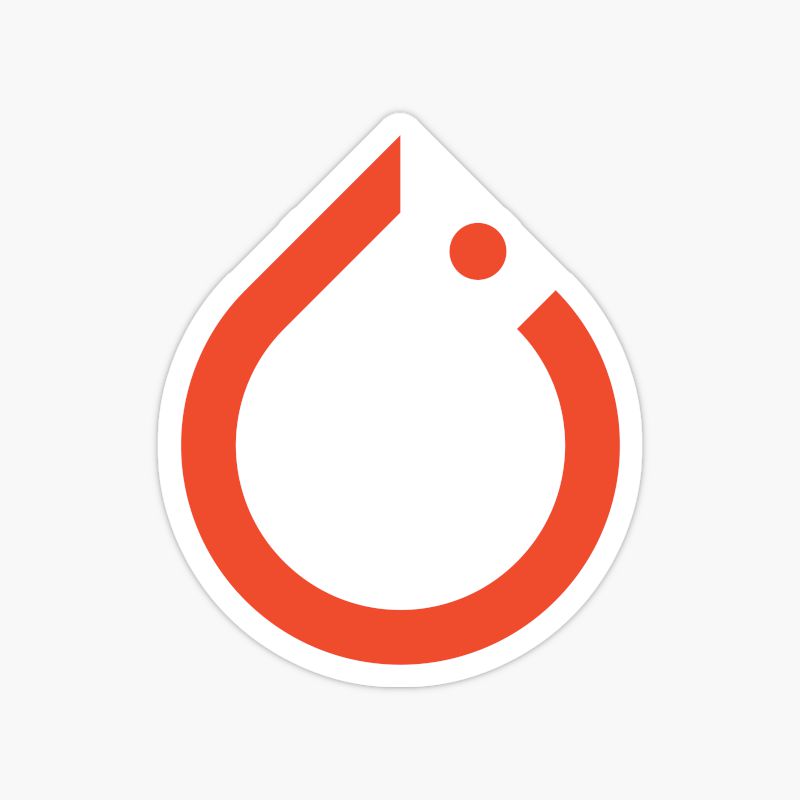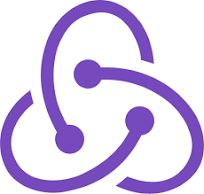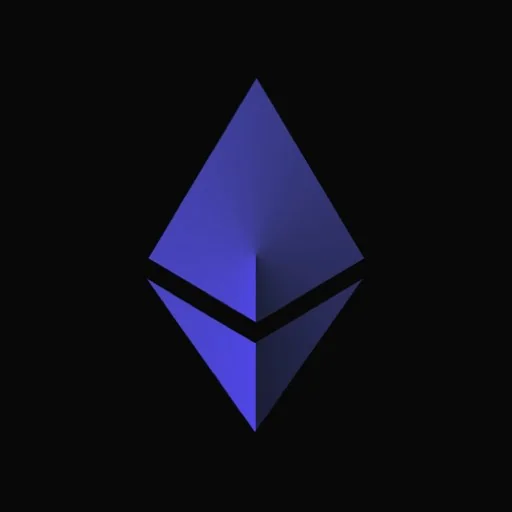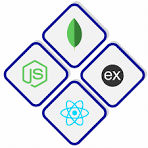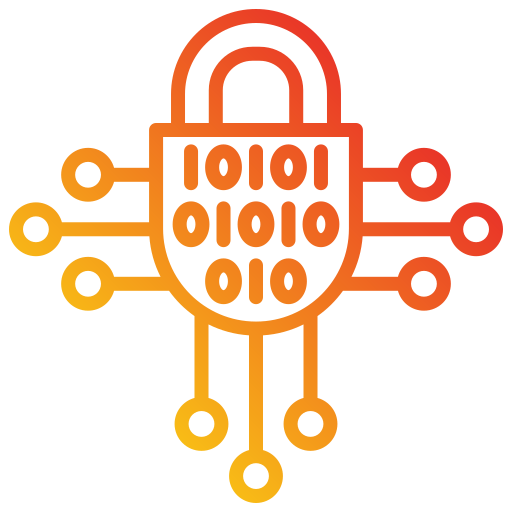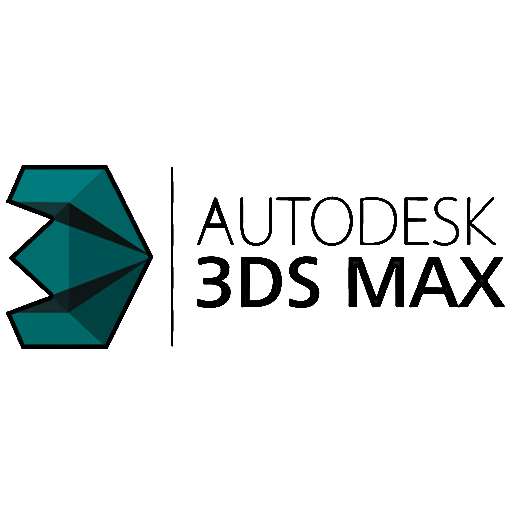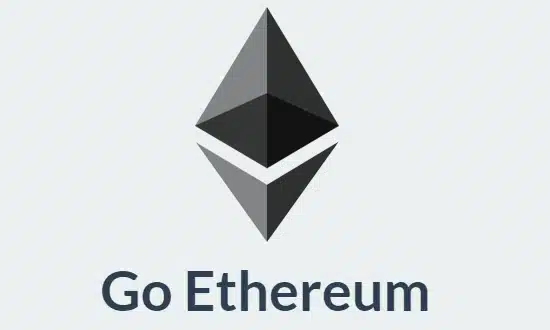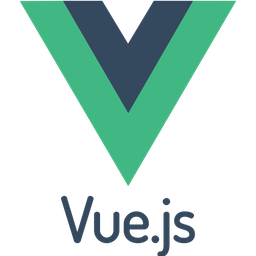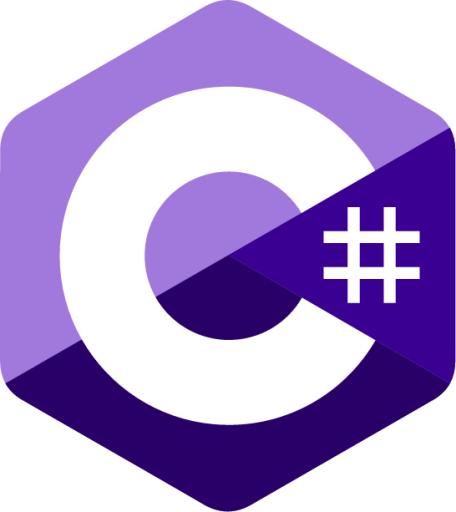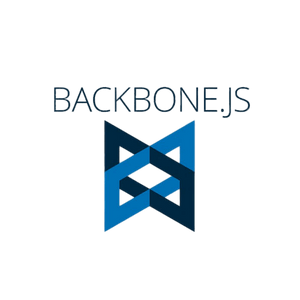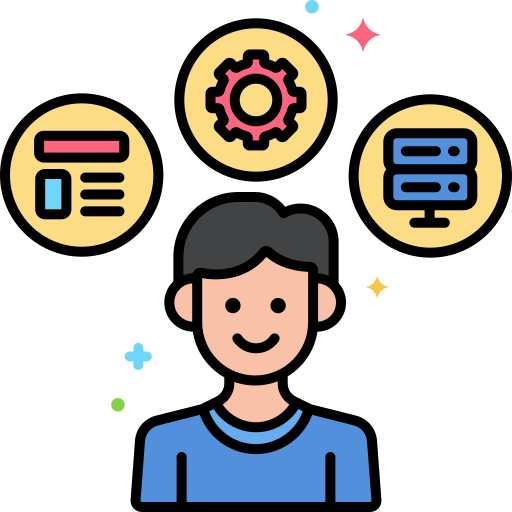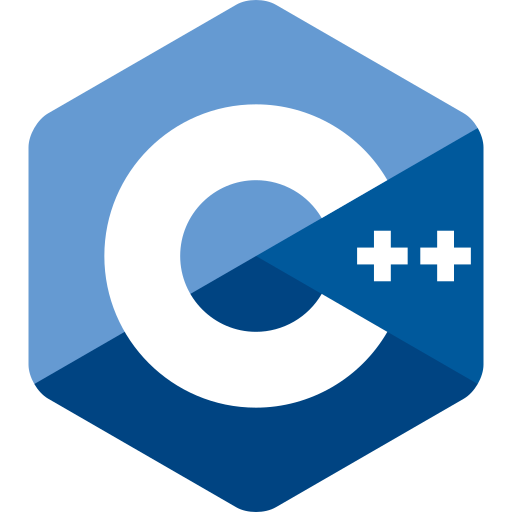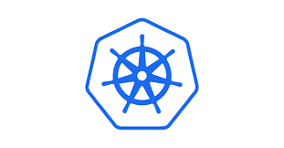Contents
What is Python?
What is the Importance of Hiring Python Developers for Your Business?
What are the Essential Skills of a Python Developer?
Benefits Of Hiring Python Developers Remotely
Factors To Consider When You Hire a Remote Python Developer
What are the Challenges of Hiring Python Programmers Remotely?
Top Interview Questions to Ask While Hiring a Python Developer
What is Python?
Python is an open-source computer programming language that's used for creating websites, software programs, automating processes, and analyzing data. Python is popular because it helps develop applications quickly and can connect different parts of a program easily. Its versatility and beginner-friendliness have made it one of the most commonly employed programming languages today.
What is the Importance of Hiring Python Developers for Your Business?
After establishing the popularity of Python, we'll understand how it can help you. Python is the most versatile language developers use for web development, data analysis, and artificial intelligence. A Python developer uses Python to solve complex problems through innovative solutions for various businesses. Besides, Python is known for its clarity, readability, and versatility- making it seamless for developers to use, develop projects quicker, and maintain efficient workflow. Further, if your developers get stuck during their work, they can contact anyone from the large community of experts who assist others in staying up-to-date with trends and resources. Lastly, Python developers constantly work on this language to make it better and more relevant as per changing times-- resulting in efficient development, fewer bugs, and software reliability.
What are the Essential Skills of a Python Developer?
At UltraGenius, we know how important it is to have the best Python developers to build strong and efficient applications. That's why we carefully select the top 1% of talent, ensuring we provide you with the very best developers. Here are some essential skills that make our Python developers exceptional:
- Strong Knowledge of Core Python
- Understanding of Object-Oriented Programming Skills (OOPS)
- Proficient in Python Frameworks and Libraries
- Knowledge of Version Control System (VCS)
- Outstanding knowledge of Testing Frameworks and Tools
- Familiarity with Front-End Frameworks
- Knowledge of Multi-Process Architecture
The Python developer must be very clear with the core concepts like: 1. Python Data Types and Variables 2. Python Data Structures and Algorithms (most important point) 3. Exception Handling 4. File Handling 5. Object-Oriented Programming Concepts 6. Generators 7. Iterators
Object-Oriented Programming (OOP) is one of the most essential skills for any Python developer. OOP binds the similar code in one module which a developer can work on separately, allows code reusability and flexibility, and ensures security up to a great extent in development. There are four major concepts of OOP – Encapsulation – Encapsulation binds similar functions and data members into a single module called class. This mechanism prevents the code from accessing outside a particular class. Encapsulation is achieved by declaring the variables of a class as private and using the getter() and setter() methods to access them indirectly ensuring security. Inheritance – Inheritance is one of the widely used concepts in real-world programming that allows one class to extend the functionality of other classes and use its member functions instead of writing repeated code. Abstraction – Abstraction is required when we have to define a parent class that contains only the structure of a given project and the implementation has to be done by its child class. Abstraction is the mechanism of hiding the data implementation and showing only the necessary details. Polymorphism – Polymorphism allows an object to behave differently on its calling. There are two types – Compile-time Polymorphism and Run-time Polymorphism. In Compile-time Polymorphism, the object is bound with its functionality at the compile-time only. Compile-time Polymorphism is implemented through function/method overloading.
Python frameworks and libraries are most helpful to a Python developer by eliminating the worry of low-level things such as sockets, protocols, or threads. Frameworks like Django, Flask, Web2Py, Falcon, Pylon, and Bottle enable Python developers to rapidly design the web application’s prototype by preventing them from writing repeated lines of code. Python libraries play a crucial role in developing data visualization, data science, image, and data manipulation applications, and eliminating the need to write repeated code. Examples are Numpy, Pandas, Scipy, Wxpython, Tkinter, PyMySQL, etc.
Python Programmers must be well-versed in version control systems such as Git, TFS, SVN, and Mercurial. Among programmers, Git is the most commonly used version control system. It is the version control system that enables collaboration and organization of your code, as well as the maintenance of frequent code changes. Git assists developers in analyzing older code and comparing it to newly updated code, fetching code from their repository, and maintaining the commit history. Additionally, the Python programmer must be familiar with the add, pull, push, and commit commands, as well as branching and merging, as these tools enable developers to work freely on the code.
Testing has become a very important skill for Javascript developers because of the need for quick deployments during the development phase of the project. As a result, python programmers should be familiar with the unit testing frameworks Jest, Enzyme, Mocha, Chai, AVA, and Tape. For end-to-end testing, they must be knowledgeable with Selenium, Webdriver, Cucumber.js, Nightwatch.js, Cypress, and Puppeteer. They must be aware of Karma in order to conduct integration testing.
For developing a web application, front-end technologies offer unique user interfaces that match perfectly with the server side. The developer should be an expert in one of the front-end frameworks such as React or Angular, as knowledge of the front-end gives the Python coding developer a clear vision of the appearance and workflow of the application. Knowledge of front-end frameworks makes Python developers manage both client-side and server-side and better coordinate the project workflow.
A Python programmer must pick an architecture to design highly scalable applications and speed up the development of large projects. Today, Model-View-Controller Architecture is mostly used by developers as it keeps the business layer and view layer separated so, changing code in one module won’t affect the other module and makes it easy to update the application.
Benefits Of Hiring Python Developers Remotely
When you hire remote Python developers, they can automate repetitive tasks using tools like Selenium and Python Requests. Further, they can increase productivity by improving data analysis, creating custom resources for business departments, and collaborating with teams efficiently. Moreover, Python developers can save costs by reducing manual labour and automating data entry, file management, report generation, and more. Besides, if you have hired a developer, you don't need to pay a licensing fee, as Python is free open-source. Now, let's discuss the benefits of collaborating with remote Python developers.
- On Freelance Basis
- On Part-time Basis
- On Full-time Basis
Hiring a freelance developer is advantageous because they manage their time and reduce administrative burdens and costs. Besides, as they can be hired from ultraGenius on a project-to-project basis, you can access specialized skills that may not be available in-house. Moreover, they offer flexibility which can increase your productivity. You can check the freelance python developer hourly rate and get access to a huge talent pool.
You only need to pay the part-time python developer remote for the time and expertise they've provided. They're a good option, especially if you're a small or medium business, and you can select the best from our huge network of developers. Besides, you can scale the workload up or down and increase your team's productivity. It also reduces overhead costs, gives geographical flexibility, and allows you to enjoy specialized expertise.
Hiring a full-time Python developer can enable you to access a wide pool of Global talent from ultraGenius and select the best one for your business. When you hire a full-time remote developer, they have a good retention rate because of increased job satisfaction. Moreover, as a business, you can reduce your carbon footprint, get surety of the quality of regular work, and work in various time zones.
Factors To Consider When You Hire a Remote Python Developer
You require a qualitative resource who could understand your needs, goals, and expectations and deliver accordingly. Here are some factors you need to consider while hiring Python developers:
- Experience
- Budget
- Location
The Python developer should have enough experience to hold your project, apply relevant Python skills, communicate properly in your language, deliver timely, and solve problems innovatively.
Before you hire a remote developer on a full-time, part-time, or freelance basis, check your budget restrictions. Moreover, check the full-time, part-time, or freelance Python developer's hourly rate or fees to proceed seamlessly.
It's essential to consider the location of the developer. Hiring from a different country may be cheaper, but you must curb timezone challenges. Moreover, hiring a developer from your country can be expensive, but familiarity might exist. It all boils down to the communication skills and resources of the two parties.
What are the Challenges of Hiring Python Programmers Remotely?
Your team has to invest a lot of time in screening candidates, interviewing them, testing them, and finding the right fit. It removes the bucks from your pocket while leaving you hanging about the candidate's overall fit. Although UltraGenius is here to assist you in finding the top Python programmer quickly, here are some challenges you may face if you choose your candidate independently:
- Talent Competition
- Skill Shortages
- Language Barriers
- Security Concerns
Various companies are searching for reliable candidates from the same talent pool. Therefore, the competition to find the right talent is fierce but not impossible if you approach the right people to help you.
Companies face a skill shortage regarding Python programmers in many areas. Therefore, finding the right developer for a specific project can make it difficult. But you can curb this challenge by contacting people who can help you hire quickly.
If you have chosen someone who doesn't share the same language, there may be communication barriers and work delays. Moreover, there can be misunderstandings and miscommunications. Therefore, you need to ensure that you hire someone who shares at least one language with you.
There may be security concerns regarding data protection and confidentiality. Therefore, you must ensure that your remote Python programmers follows strict security protocols in case of sensitive data.
Top Interview Questions to Ask While Hiring a Python Developer
- How do you handle runtime errors in Python, and what are two popular techniques you use to deal with code errors in your Python programming?
- What are the data types in Python?
- In Python, what are the essential distinctions between a list and a tuple?
- What distinguishes a function from a method in Python?
Runtime errors in Python can happen for various reasons, such as improper inputs, resource limitations, or unforeseen circumstances. Here are 2 popular techniques I use to deal with Python code errors: 1. Exception Handling: To deal with exceptions, I employ the try-except block. This block enables me to detect potential program execution issues and manage them appropriately. When reading a file, for instance, I might use the try-except block to capture any file I/O problems and show the user an error message. 2. Assertion: I use the assert statement to check for particular criteria that must be true. Python raises an AssertionError if the assertion is false, which I can capture and treat correctly. By doing this, I can make sure my code operates as planned.
The data type of a variable is decided at runtime in Python as it has dynamic typing. The following are the main data types in Python: 1. Python Numbers: Python is capable of processing both floating-point (fp) and integer (int) numbers (float). Integers are whole numbers, whereas floating point values have decimal places. So, for example, we call 5 an integer and 5.0 a floating point value. 2. Strings: A group of characters called strings are separated by single or double quotation marks. They can contain letters, numbers, and symbols. For example, "Hello, World!" 3. Lists: Lists: A list is a sorted group of items with various forms of data. Lists are denoted by commas and contained in square brackets, such as [1, 2, "three," 4.0] would be considered a list. 4. Tuples: Similar to lists, tuples are immutable in their values that cannot be altered. Parentheses and commas indicate tuples. For instance, (1, 2, 'three', 4.0). 5. Dictionaries: Dictionaries contain various key-value pairs. Each key must be related to its corresponding value and be different. Curly brackets enclose dictionary items, such as "name: John," "age: 30," separated by colons. 6. Sets: A set is a randomly arranged collection of unique pieces. Commas are used to divide sets, while curly brackets enclose them. An example of a set might be 1, 2, "three," and 4.0. 7. Booleans: Booleans are binary data types with only the True or False possibilities available as values. They are frequently utilized in conditional sentences and logical procedures.
The two are somewhat comparable because Python uses lists and tuples to store collections of things. But each section has benefits that distinguish it from the others. The following are the ways in which these elements vary from one another. 1. Mutability: You can differentiate the two by understanding that tuples are immutable and lists are mutable. So, when once a tuple is generated, none of its components can be altered, removed, or added. However, Lists allow changes to the elements that compose their constituent lists. 2. Syntax: Multiples are denoted by brackets in syntax, while lists are denoted by square brackets ( ). 3. Performance: Because of their immutability, tuples handle large numbers of elements more quickly than lists do. 4. Use: Tuples can retain objects that are consistent in size and composition, whereas lists are appropriate for collections of elements that could change.
In Python, functions and methods are used to build reusable code blocks that can be repeatedly called with different inputs. However, they still have prominent differences that you should know of. 1. Syntax: In Syntax, a function is expressed outside of a class. But, a method is declared inside of a class. So, you can call it a method when the functions are facets of an object and have access to its data. 2. First Argument: A method's first argument is always the self. So, the method is called when it's referred to as the class instance.




































